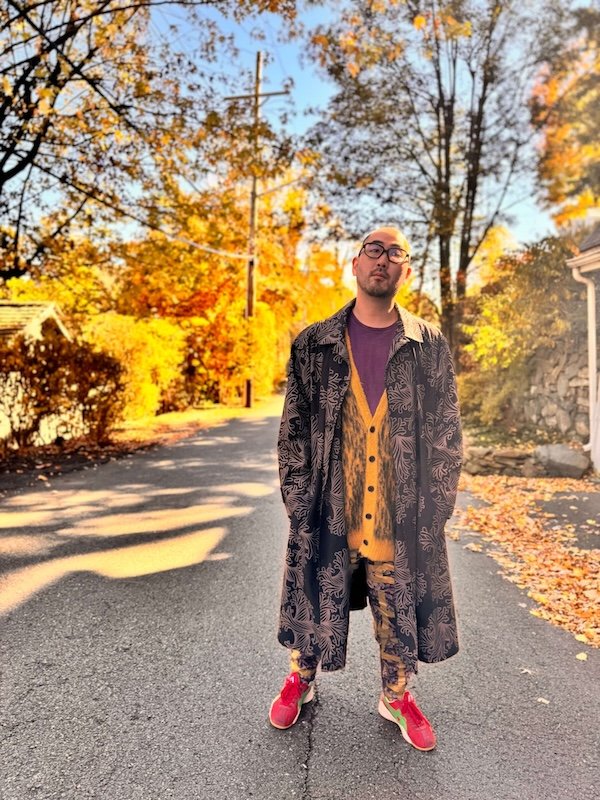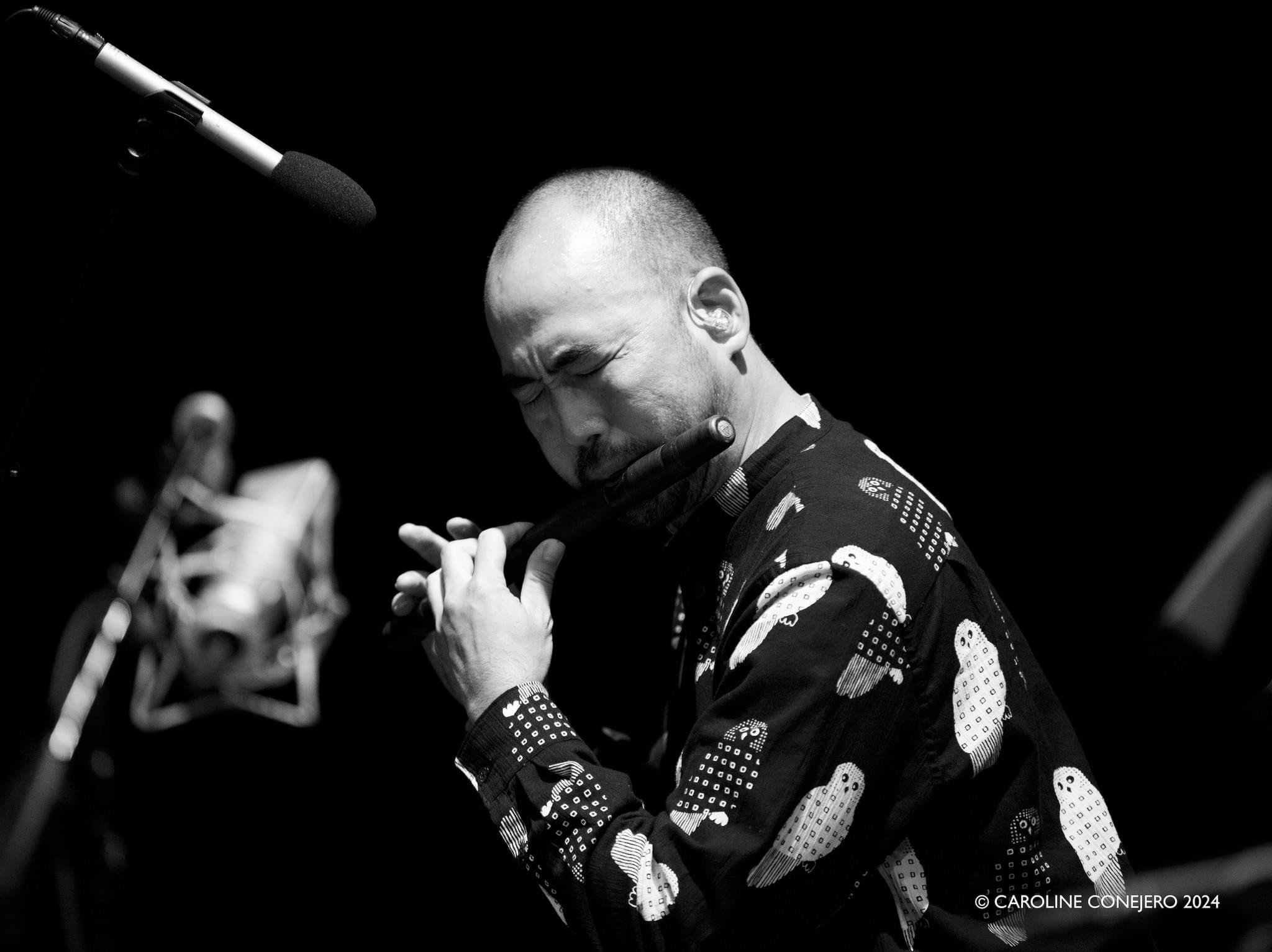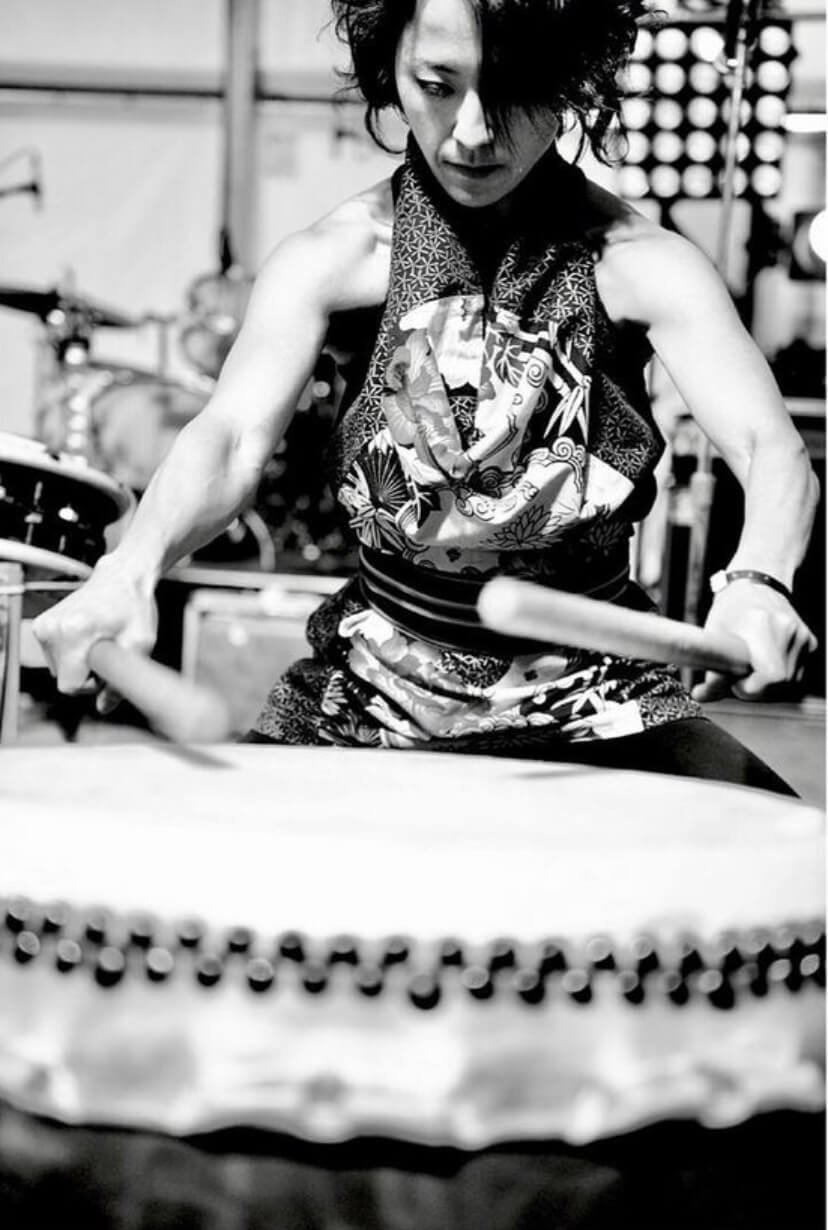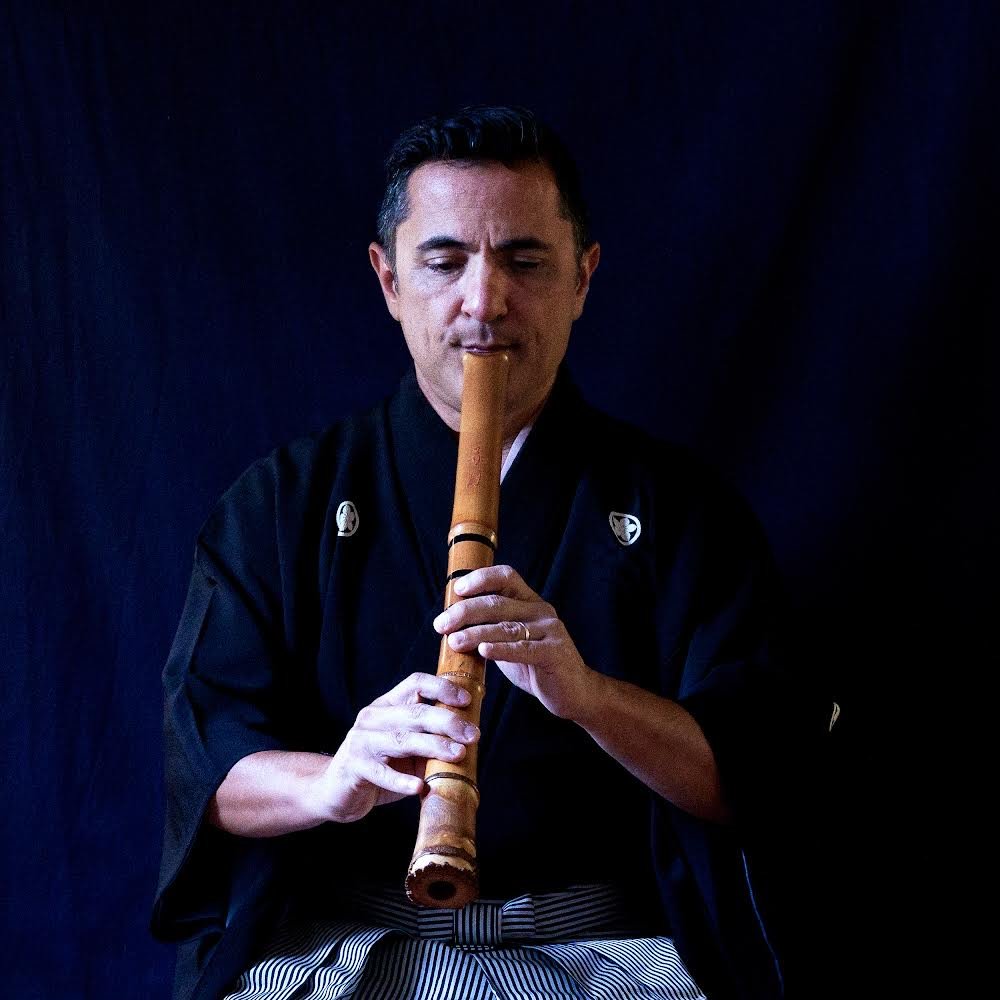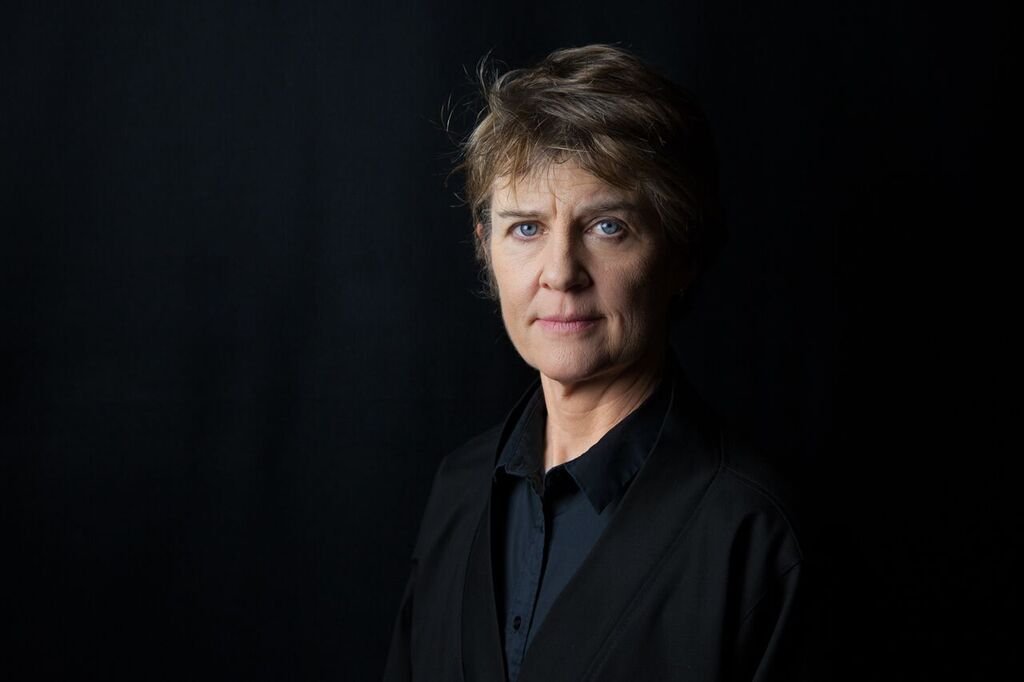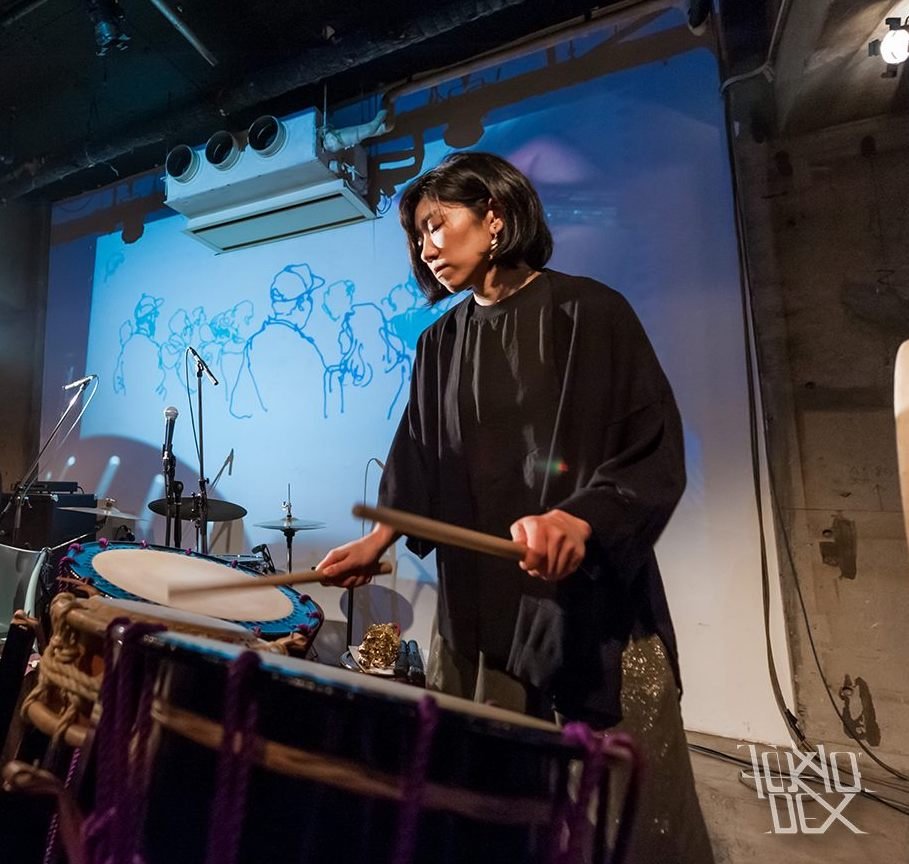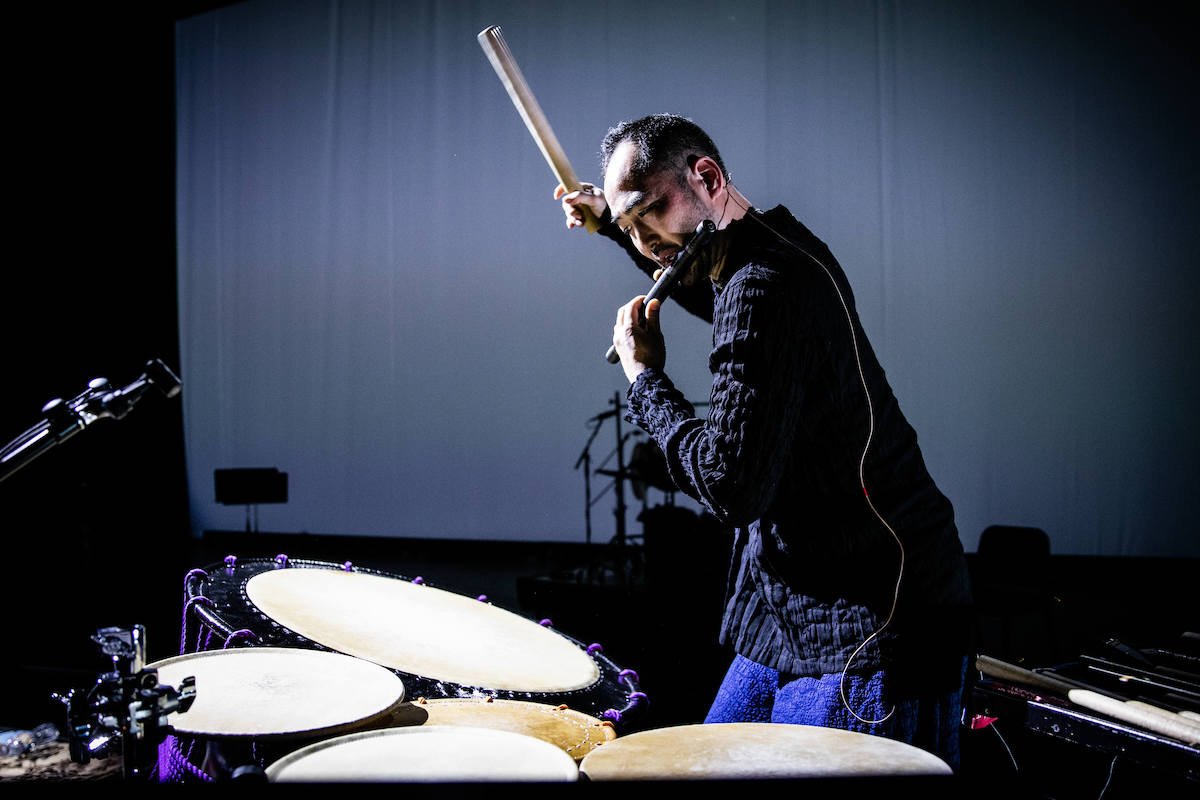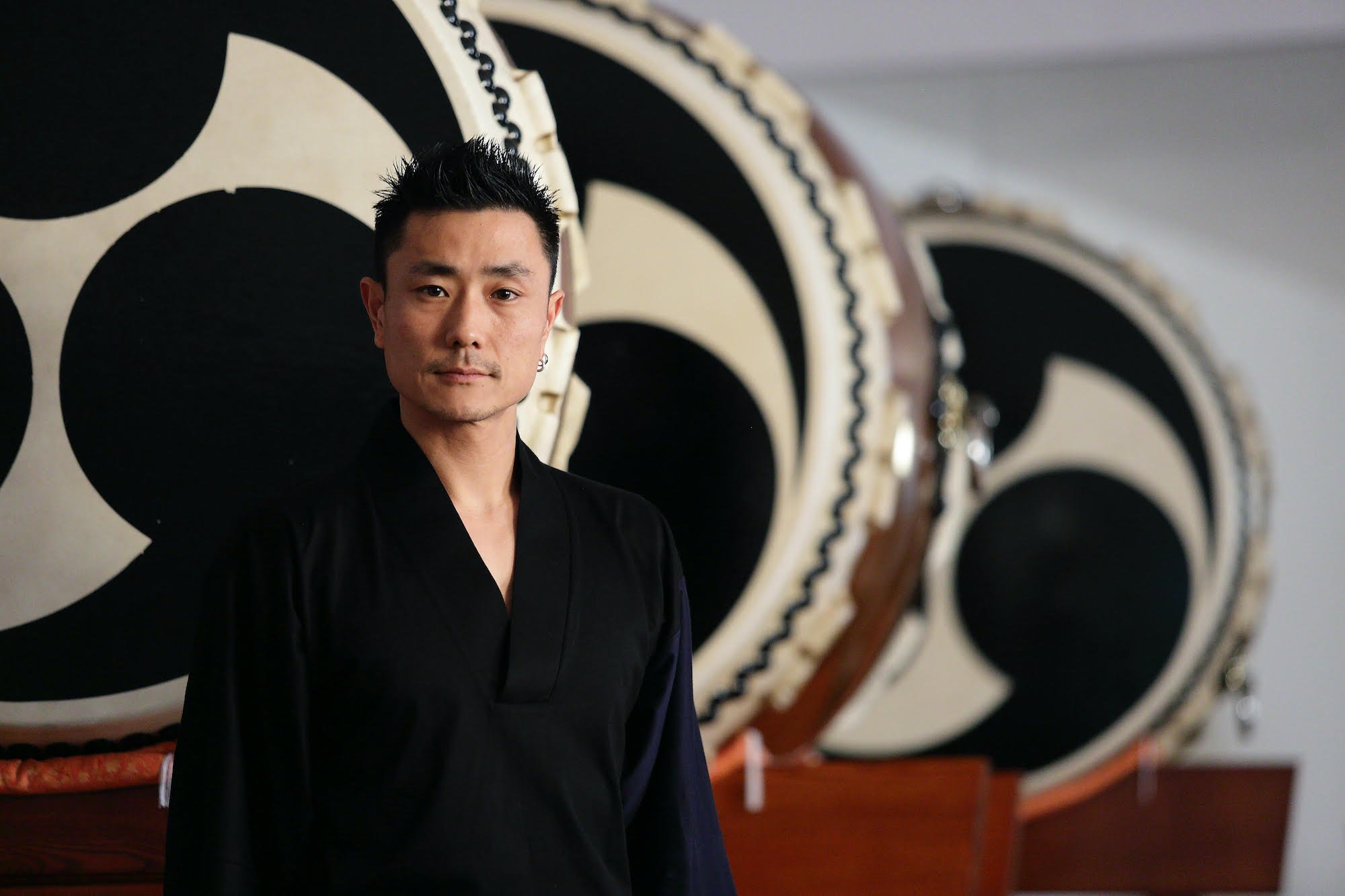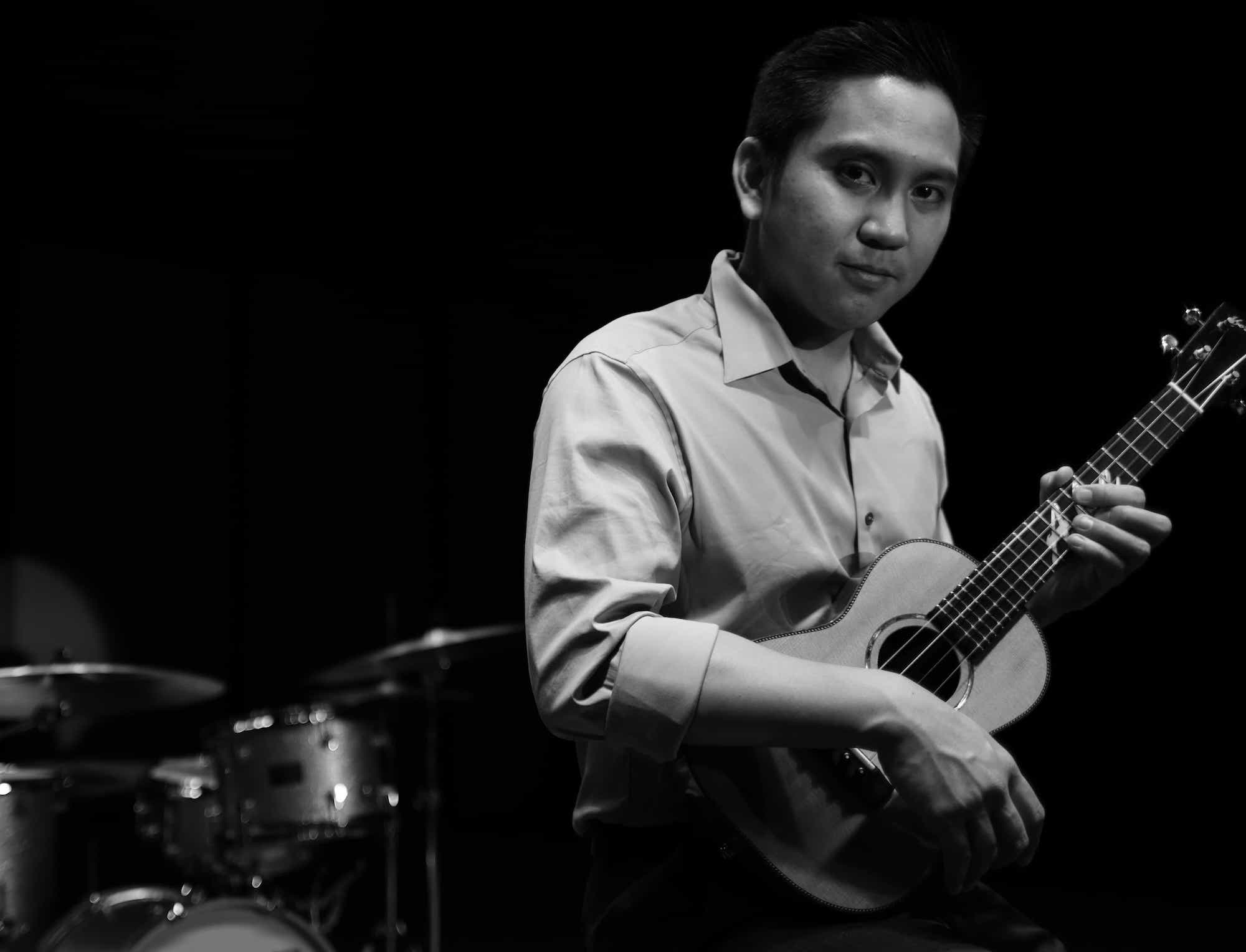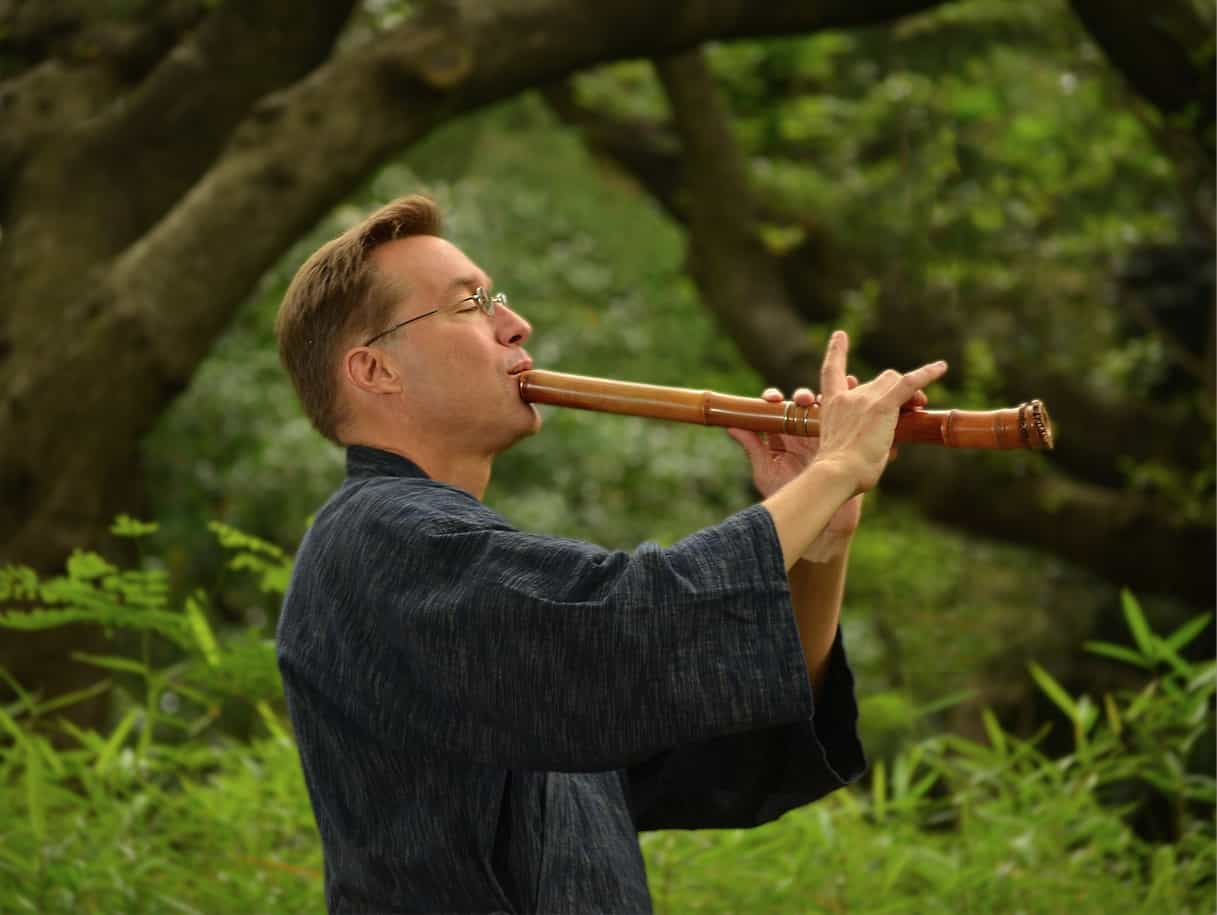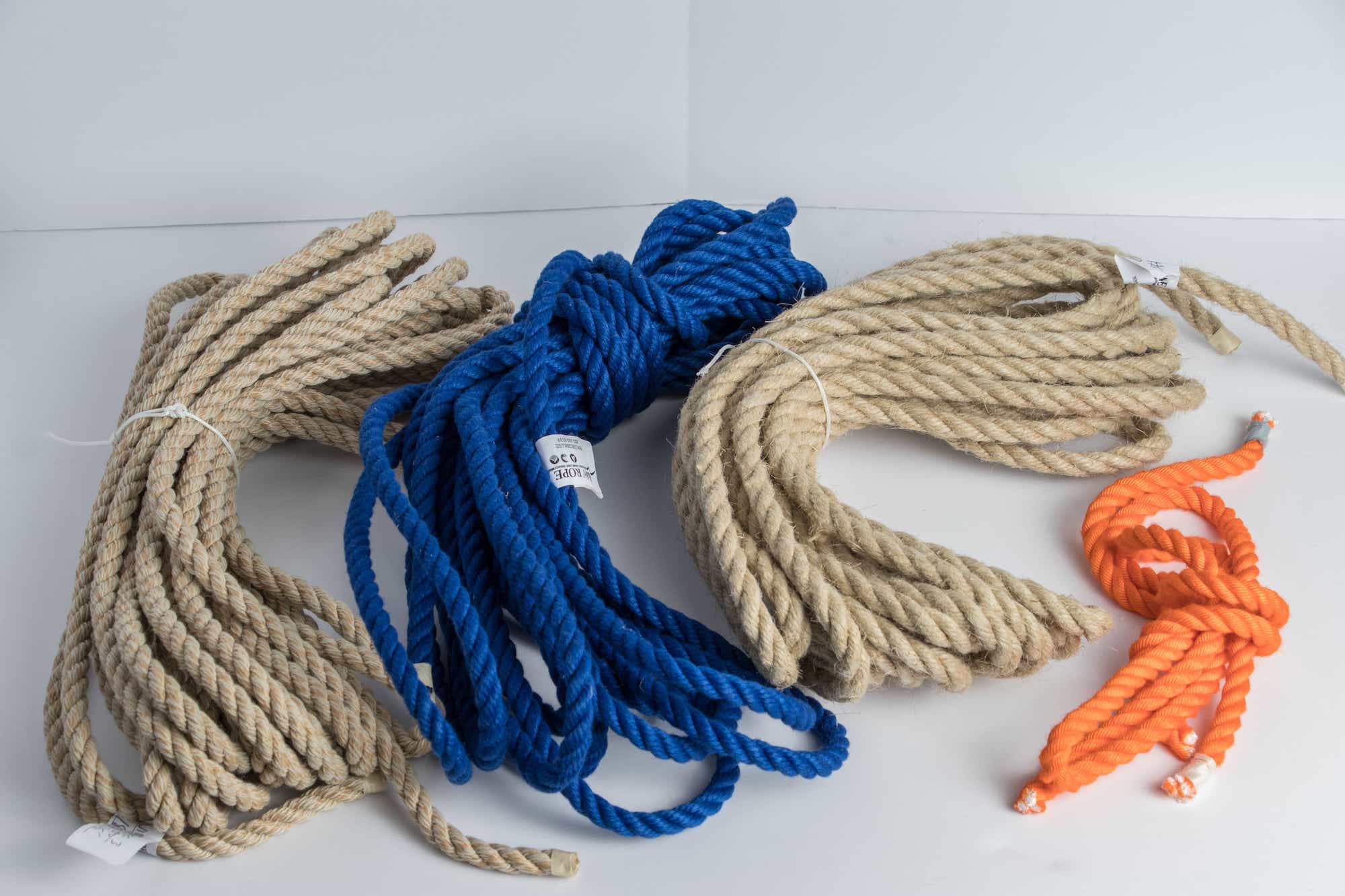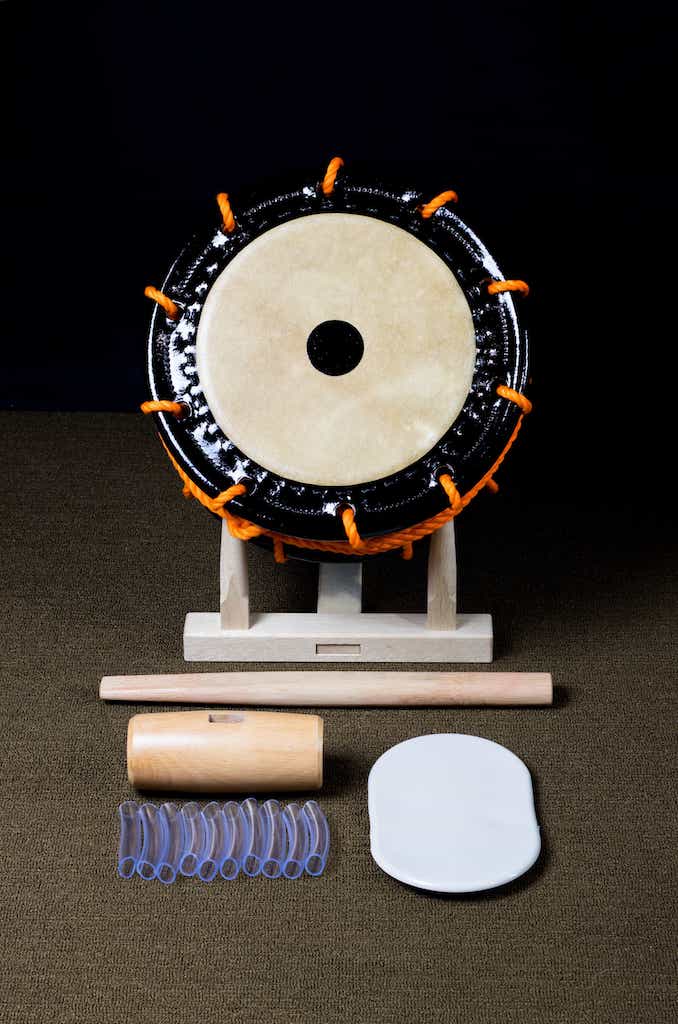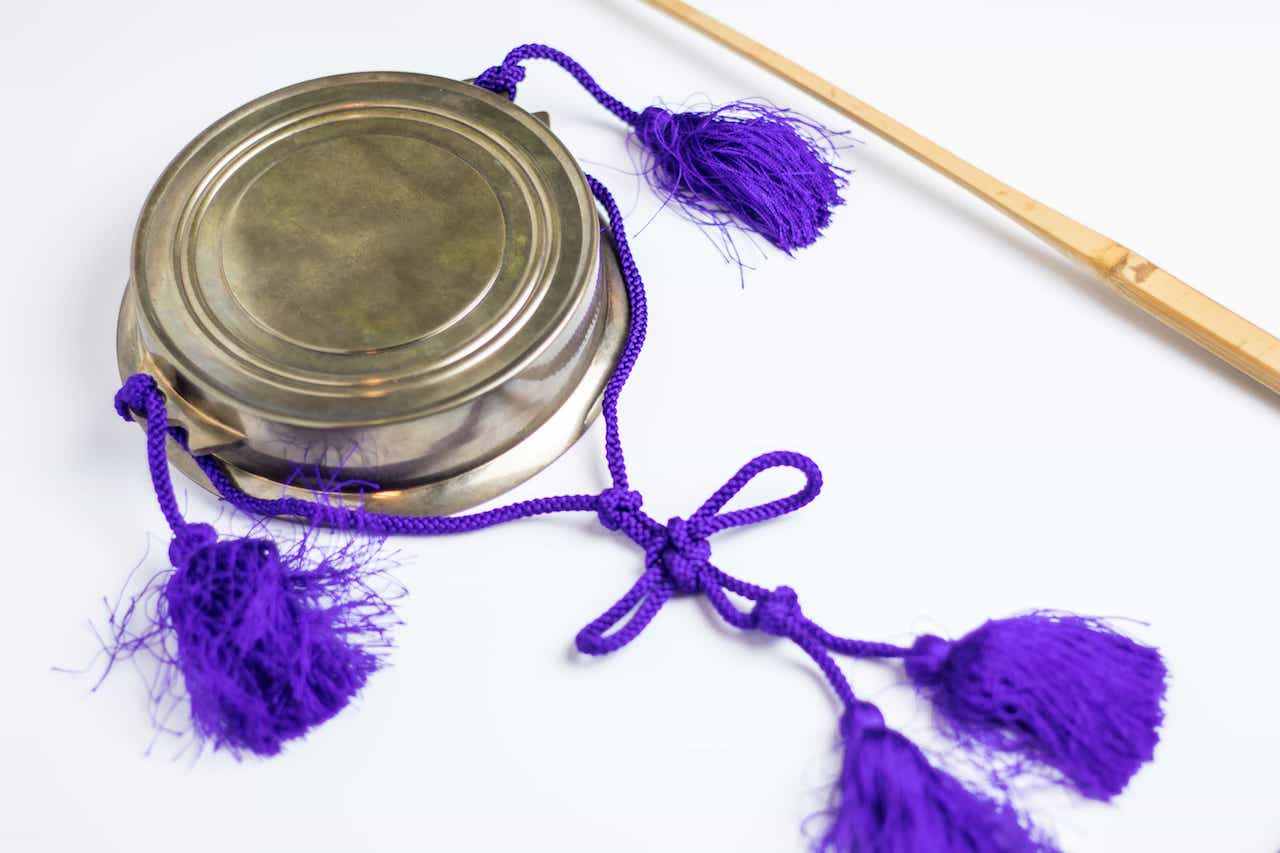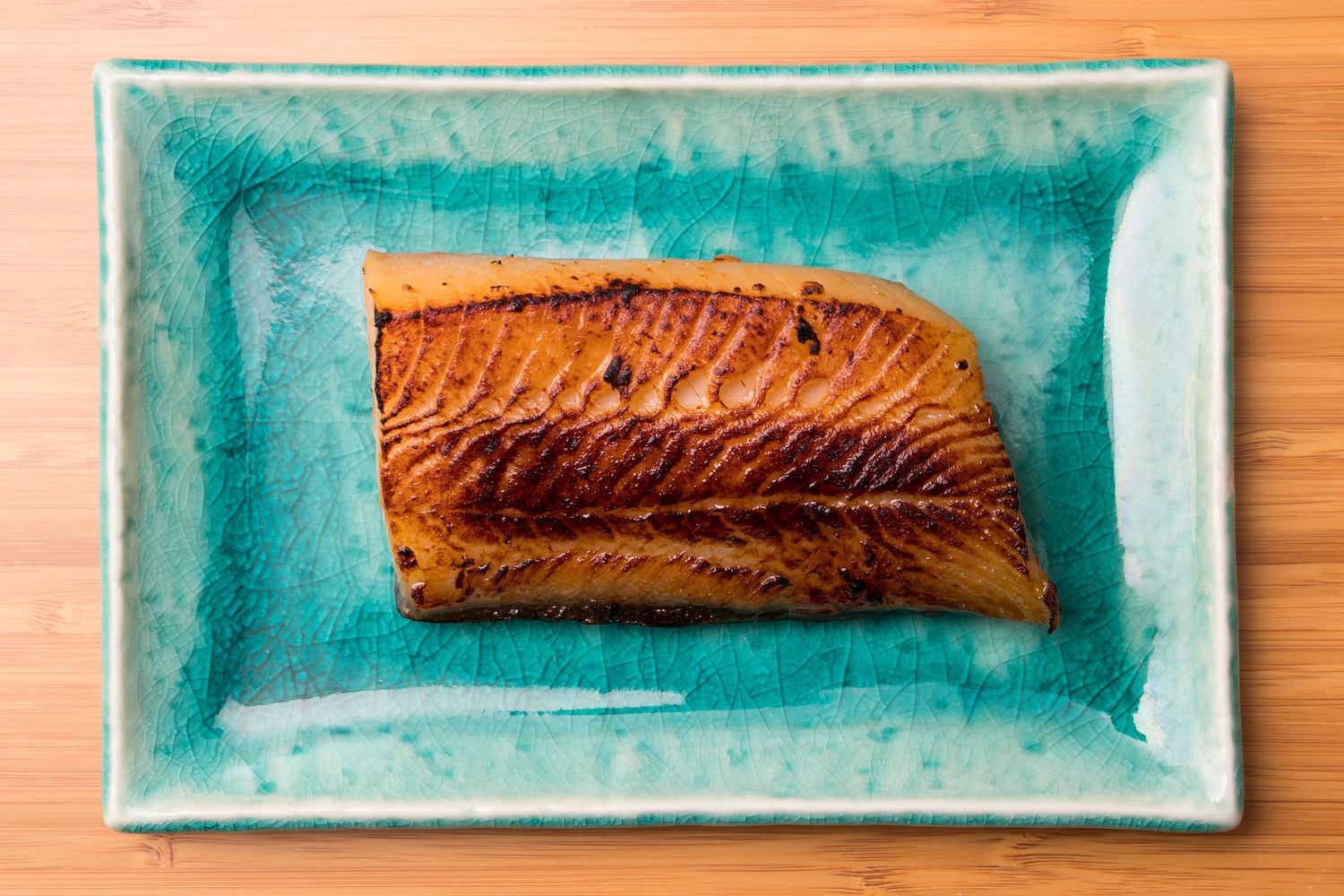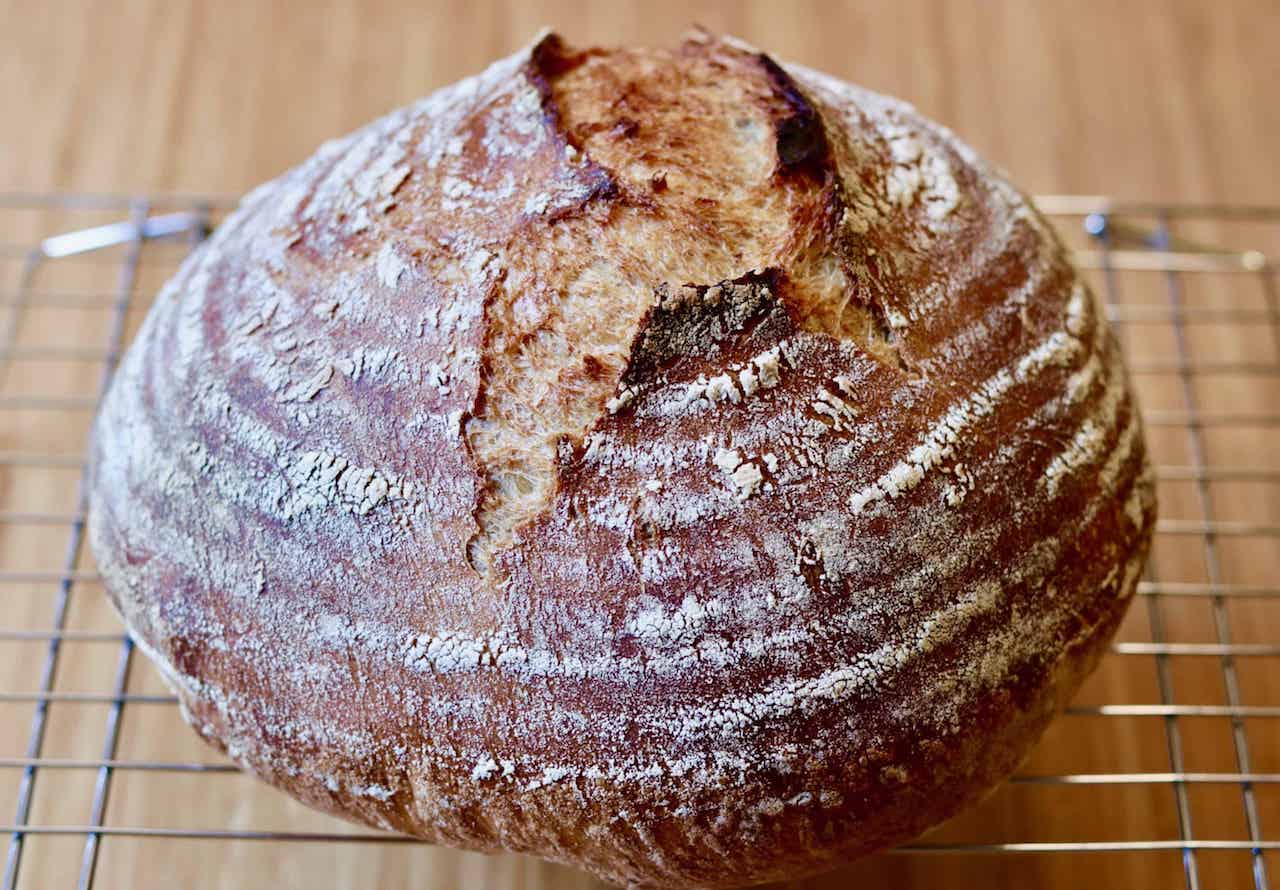Interview Part 4: Kaoru Watanabe talks fue, Ranjo, and artistry
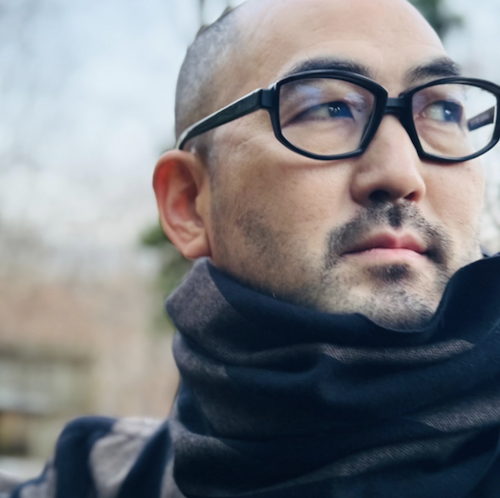
After conducting three previous interviews with Kaoru covering a wide range of topics, we finally had the chance to record a conversation all about fue. I highly recommend checking out his other interviews if you haven’t already done so.
Kaoru Interviews Parts 1, 2, 3
In this interview, Kaoru shares his fue knowledge and experiences including early musical training in Japan, being challenged as a new member of Kodo, what makes Ranjo fue special, ideas for improving technique and musicianship, insights about intonation, commonly seen deficiencies in fue players, and much more.
As always, I’m grateful to Kaoru for making time to record these interviews. It’s always fun to talk with him, and my aim with this series is to make our discussions available to anyone interested in these topics. I like how our discussions sound pretty much the same regardless of whether I’m recording or not. As a result, there might be some unfamiliar terminology in this interview, but a quick online search should be sufficient to boost your understanding.
Website
http://www.watanabekaoru.com
Youtube channel
https://www.youtube.com/channel/UCfBL_1I2mRPcVK2gvyRAeNA
Instagram
https://www.instagram.com/kaorufue/
Kaoru Watanabe Taiko Center
http://www.taikonyc.com
Acclaimed composer and instrumentalist Kaoru Watanabe's work is grounded in traditional Japanese music while imbued with contemporary jazz, improvisation, and experimental music elements. His signature skill of infusing Japanese culture with disparate styles on the shinobue flutes and taiko and other Japanese percussion has made him a much-in-demand collaborator working with such iconic artists as André 3000, Wes Anderson, Mikhail Baryshnikov, Laurie Anderson, Jason Moran, Yo-Yo Ma, Japanese National Living Treasure Bando Tamasaburo and Rhiannon Giddens. In 2024, Watanabe launched Bloodlines Interwoven, a festival celebrating music and diaspora, presented by Baryshnikov Arts and funded by the Mellon Foundation. Featuring a broad range of groundbreaking musicians, from Mino Cinelu, Nasheet Waits, Adam O'Farrill, Alicia Hall Moran, Layale Chaker, Martha Redbone, Du Yun, and many more, the festival was a paradigm-shifting musical exploration of cultural roots, identity, history.
Born to Japanese parents who were long-time St Louis Symphony Orchestra members, Watanabe began training at a young age, eventually graduating from the Manhattan School of Music, where he studied Black American jazz music. He then moved to Japan and became the first American to perform with and lead the internationally acclaimed taiko performing arts group Kodo. Acting as Artistic Director of Kodo's Earth Celebration festival, inviting such artists as Zakir Hussain, Giovanni Hidalgo, and other masters of music from across the globe, he first saw how profound cross-cultural collaboration could be: people who don’t share a common language can find ways to unite in musical conversation when done with a sense of mutual respect, open-mindedness, an open heart, and a desire to connect. In 2008, after ten transformative years in Japan, which left him deeply connected to his heritage and the land from which his parents came, he left Kodo. He returned to New York to weave together all the musical threads of his experiences.
Watanabe’s compositions draw lines between distant points—Japan and America, ancient history and modern politics, and Eastern and Western music. Looking for the sympathetic vibrations that emerge, he weaves together Buddhist chants reimagined as antipolice brutality protests, WWII-era ZERO kamikaze fighter planes, the Sengoku Civil War era, and the culture wars of today’s America. In his work, Watanabe introduces sounds from a distant past to the 21st century, expressing the many layers of his identity and culture. Watanabe has performed his compositions with such artists as Kodo, Yo-Yo Ma and the Silkroad Ensemble, and The Sydney Symphony Orchestra, with whom he debuted two pieces for shinobue, voice, taiko and orchestra at the Sydney Symphony Hall.
He acted as an advisor and was a featured musician on Wes Anderson’s Isle of Dogs, and he is featured on the Silkroad Ensemble’s Grammy Award-winning album Sing Me Home. He also created music for Martin Scorcese’s Silence and Netflix’s Ultraman: Rising, and perhaps his greatest accomplishment was providing the jazz flute stylings of the Pied Piper in Shrek 4ever After.
As an educator, Watanabe has taught courses at Princeton, Wesleyan, and Boston Conservatory and was an artist-in-residence at Loyola University. He has taught workshops across North and South America, Europe, and East and Southwest Asia.
Watanabe’s drums are provided by Miyamoto Unosuke Shoten, a mikoshi shrine and traditional instrument maker founded in 1861. His flutes are provided by Ranjo, a master craftsman based in Chiba Prefecture who makes instruments for many of the top musicians in Japan. One of the highest honors of Watanabe’s life is when Ranjo declared, “Watanabe possesses the greatest sound on the shinobue in the world.”

